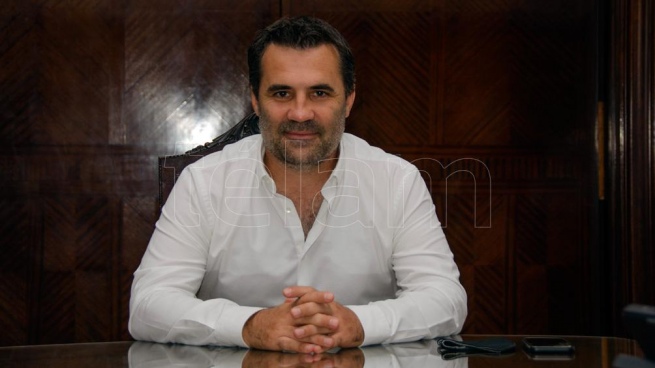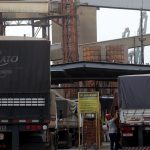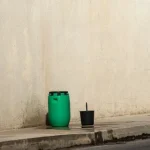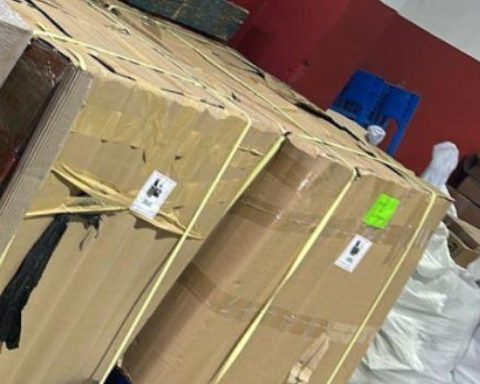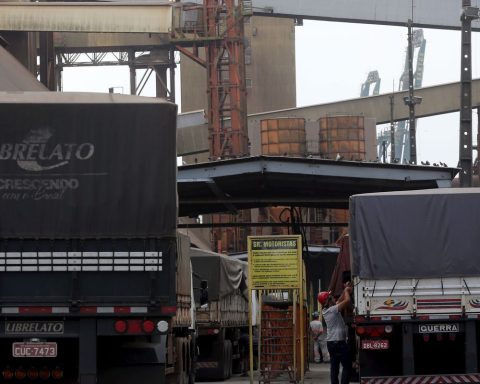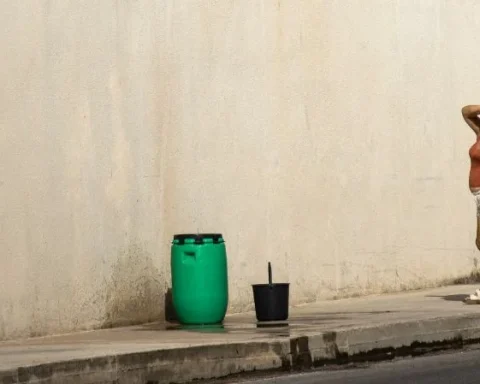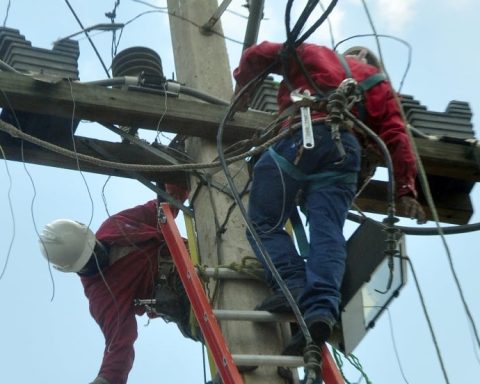The national government announced that the country’s main refining companies will increase diesel imports by up to 50% in June and July to cover the increase in demand that is being registered for this fuel, within the framework of the complementary measures that will be adopted immediately to ensure normal energy supply.
In the same sense, the provision of natural gas for industrial activity was guaranteed, since it is considered that the imports carried out and those planned -either from Bolivia or through LNG regasification vessels- will allow this segment to be served during the winter months. .
This particular issue will be addressed at a meeting with the directors of the Argentine Industrial Union (UIA) to be held in the coming days, after the manufacturing plant proposed a few weeks ago to establish a self-regulation scheme for the consumption of companies to avoid unforeseen outages that affect your productivity.
Regarding the lack of diesel that has been recorded in different parts of the country, the Secretary of Energy, Darío Martínez, reported that YPF will increase the import of that fuel by 50% compared to May.going from 2 to 3 ships in June and in July to 4, “in order to cover the bottleneck to which the exceptional increase in demand is exposing us”.
The rest of the refining companies will also increase the volume of imports, incorporating a ship in June, which will imply a considerable additional increase in the volume available on the market.

In April alone, YPF imported US$140 million in April, out of a total of US$221 million that the industry should have imported.
Martínez also pointed out that controls at border crossings will be strengthened in a coordinated effort with the Ministry of Security and the National Gendarmerie to avoid a situation that has been taking place in several provinces regarding the passage of contraband tanker trucks.
In addition, progress was made in work with the Refinor company, which operates in the northwestern part of the country, to facilitate its task in a joint effort with the firm Energía Argentina and the region’s crude oil producers, to supply the volumes it needs. refinery and increase supply.
“The greatest requirements for wholesale diesel are especially in the North, where it is obviously at a different price than that of the service stations, and which coincides precisely with the process at this time of harvest and crop harvest”Matias Kulfas
At a press conference at Casa Rosada, after a cabinet meeting, The Minister of Productive Development, Matías Kulfas, assured that there will be no shortages in the supply of gas for the industry, given that “the imports carried out allow guaranteeing the supply”.
Kulfas announced that this week there will be a meeting with the UIA to give “tranquility” in this regard, after a report presented at the meeting by the Secretary of Energy, Darío Martínez, which “gives peace of mind that there really will not be a shortage of gas, and that the agreements reached with Bolivia and the imports carried out make it possible to guarantee supply”.
Those in charge of transmitting this tranquility to the industrialists will be Secretary Martínez, and his peer from Industry, Ariel Schale, who will form a technical commission with the industrial entity.
Kulfas also explained that “the greatest requirements for wholesale diesel are especially in the North, where it is obviously at a different price than that of the service stations, and that coincides precisely with the process at this time of harvest and harvest. of crops” in that region.
In the same vein, the chief of staff, Juan Manzur, affirmed that “all the gas oil that is needed so that Argentina can continue with its operational capacity” will be imported, and remarked that the construction of the Néstor Kirchner gas pipeline “continues on”.
“There is the vocation and the decision that more diesel will be imported, the dollars are there to bring all the diesel that is needed so that Argentina can continue with its operational capacity,” assured the chief of staff.
On the other hand, he stressed that the construction of the Néstor Kirchner gas pipeline “continues on” and that “in the next few days” the second stage will begin, which “has to do with the bidding process for the work itself,” given that “the government has the firm decision to advance as soon as possible in a context of global scarcity of a strategic input such as energy”.

“We are going to ensure the supply of energy but we must also understand that Argentina continues to grow, Argentina grew more than 10 points of its GDP during 2021 and in the first quarter we are above 6% of its GDP. We have to ensure that this tendency to increase production is maintained over time,” added Manzur.
He assured that “everything that has to do with energy is a matter of main attention” for the Government and that “we are going to ensure the supply of energy and, in this framework, all the forecasts were made.”
This Wednesday, long lines of trucks, many of them on their way to Chile, were waiting to be able to load fuel affected by the lack of diesel that is registered in Mendoza and other Argentine provinces.
On Tuesday, the governor of Tucumán, Osvaldo Jaldoand provincial officials held a meeting with carriers, producers and local industries, to find a solution to the lack of diesel registered by the productive sector.
In this regard, the president of the Industrial Union of Tucumán, Jorge Rocchia Ferrorecognized that it is “easier to obtain diesel in the wholesale market, but at prices that the transporter cannot pay today or if he does pay them, he is not profitable.”
Eduardo Reinoso, president of the Association of Freight Carriers, pointed out that they decided to lift the strike they had planned to carry out and go to an intermediate period until Friday, “waiting for the steps to solve the lack of diesel in the province and the region”.
“From Santiago del Estero to the north, the problem of supply and the normal supply of diesel is a very important complication,” Salta’s Minister of Production and Sustainable Development told the press. Martin of the Rivers.
